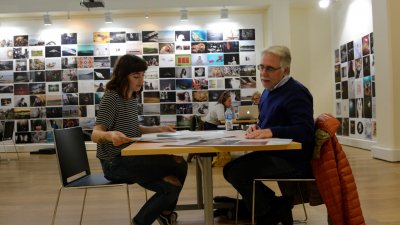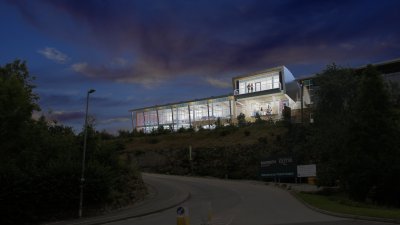MPhil & PhD Programme Structure
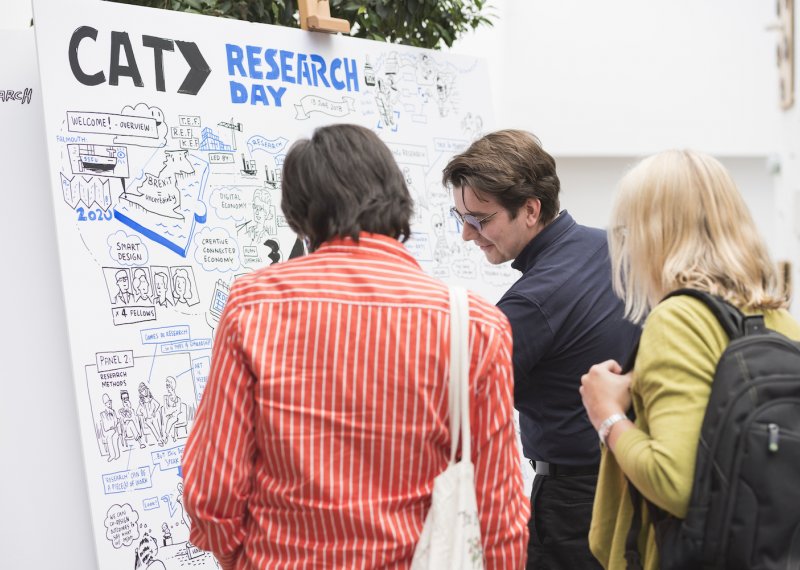
The format of study for a research degree, MPhil or PhD, is very different from a taught degree. As a research student you will engage in a programme of independent research and/or creative work, with guidance from your supervisors.
Postgraduate research students discuss their experience of studying a research degree at Falmouth University.
Programme outline
The research degree programme is broken down into the following formal stages:
- Enrolment & induction: following successful application.
- Training: in research methods, including a series of seminars on research in your field and workshops on topics such as preparing a research proposal, presentation and writing skills.
- Thesis proposal: in preparation of application for registration, prepared with support from your supervisory team.
- Registration: following successful confirmation of thesis proposal.
- Progress monitoring: supporting and monitoring research progress through supervision and annual reporting and reviews.
- Confirmation of route (MPhil/PhD): following successful submission of evidence of progress and level of future research.
- Nomination: of VIVA Voce examiners.
- Thesis submission: for review by VIVA panel.
- Examination: Oral VIVA Voce.
- Response: if necessary, to examiners requirements including corrections, amendments and possible resubmission.
MPhil Degrees
An MPhil degree will be awarded in recognition of a systematic, well documented and well-argued study, which demonstrates adequate knowledge and understanding, critical evaluation and discussion of a field of study.
PhDs
A PhD will be awarded in recognition of the creation and interpretation of new knowledge through original research or other advanced scholarship.
Duration of study
Modes of study
Research degree study at Falmouth is available in the following modes:
- Full-time - on-campus
- Part-time - on-campus
- Part-time - online only
On-campus delivery
On-campus modes of study students would normally be expected to live within commuting distance of the University, to maintain a presence on the University's campuses and to make every effort to take a full and active role in their membership of the University's Research & Knowledge Exchange community. This would normally include but not be limited to:
- Full participation in the Research Student Development Programme events and symposia as outlined in the UAL and Falmouth Research Degrees Handbooks
- An active role in student-led events
- Full participation in wider Falmouth University Research & Knowledge Exchange events, including workshops and workgroups, seminars, and training and development activities
- A willingness to represent the University in internally-hosted and external events
It's possible to attend the RSDP training online, from a distance, and also have supervision online if this is preferred. However, the University encourages on-campus attendance where possible.
Candidates in receipt of Falmouth Doctoral Studentship funding are expected to attend on-campus in person.
Distance learning
Distance learning (online) candidates will engage solely online and will not be required, to attend the campus at all for the duration of their studies. Training and supervision will be delivered online, as well as online access to library resources. Candidates will not have access to on-campus facilities.
In addition to meeting the standard academic and language eligibility requirements, applicants to the distance learning online mode need to demonstrate that they:
- Can successfully conduct their research with the resources available to them at their distance learning place of study
- Have access to appropriate IT facilities, so that they can engage in supervision and training from their distance learning place of study
- Have the necessary time, commitment and appropriate attitude toward distance learning online study.
Students on this mode do not hold a Student Visa so cannot enter the UK for the purpose of study or access UAL physical resources or buildings. Distance learning students have access to online resources available to all PGR students.
Full-time
| MPhil | Maximum length 3 years |
|---|---|
| PhD | Maximum length 4 years |
Part-time
| MPhil | Maximum length 6 years |
|---|---|
| PhD | Maximum length 8 years |
Part-time (Distance Learning Overseas)
| MPhil | Maximum length 6 years |
|---|---|
| PhD | Maximum length 8 years |
Learning outcomes
PhD learning outcomes
On completion of a PhD research programme, and in relation to your practice in art, design and communication, we anticipate that you'll have shown evidence of being able to:
- Discover, interpret and communicate new knowledge and understanding through original research and/or scholarship of publishable quality which satisfies peer review.
- Present and defend research outcomes which extend the forefront of a discipline or relevant area of professional practice.
- Demonstrate a systematic and extensive understanding and mastery of the knowledge, concepts, information and techniques relevant to research and scholarship at the forefront of the discipline or area of professional practice.
- Exhibit mastery and innovation in the exercise of generic and subject-specific intellectual abilities.
- Take a proactive and self-reflective role in working and to develop professional relationships with others.
- Independently and proactively formulate ideas and hypotheses and to design, develop, implement and execute plans by which to evaluate these.
- Critically and creatively evaluate current issues, research and advanced scholarship in the discipline.
MPhil learning outcomes
On completion of an MPhil research programme it's expected that you'll have shown evidence of being able to:
- Interpret and communicate knowledge and understanding through research and/ or scholarship of publishable quality which satisfies peer review.
- Present and defend research outcomes which extend the forefront of a discipline or area of professional practice.
- Demonstrate a systematic understanding and mastery of the knowledge, concepts, information and techniques relevant to research at the forefront of the discipline or area of professional practice.
- Exhibit mastery and innovation in the exercise of generic and subject- specific intellectual abilities.
- Take a proactive and self-reflective role in working and to develop professional relationships with others.
- Proactively formulate ideas and hypotheses and to design, develop, implement and execute plans by which to evaluate these.
- Critically evaluate current issues, research and advanced scholarship in the discipline.
Supervision
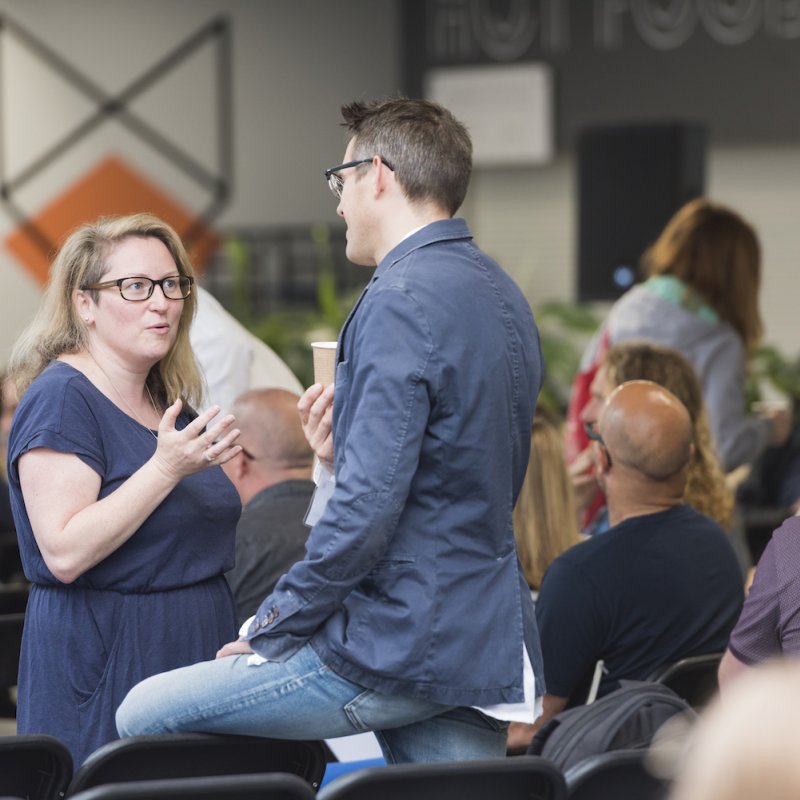
A core element of the programme will be the support and guidance you'll receive from your assigned supervisory team for the duration of your degree studies.
As a research student you'll be assigned a supervisory team lead by a Director of Studies (DoS) and supported by one or more Co-Supervisors, both of whom will be selected based on their experienced and/or familiarity with your proposed area of research focus.
The supervisory team's role will be to help you prepare for your registration application, guide you through the programme and its formal stages, help monitor your ongoing progress and support you in developing your research skills, studies and outcomes. They'll be your first point of contact for any programme or study related questions and you'll be able to liaise with them face to face, online or by phone, based on your mutual preferences. The frequency of engagement will vary throughout the programme based on your research requirements and programme stage.
The research student and supervisory team relationship will be integral to the success of your studies and requires proactive reciprocal engagement to work at its best.
Support
We aim to support our research students through the duration of their studies. Preparing you through a number of initiatives to develop your personal attributes, knowledge base, experience and expertise, to succeed in your studies, undertake world class research and prepare for a career as a researcher. Examples of support initiatives include:
Practice-led Research
We understand the value of creativity in developing innovative research, so support practice-led research in which your own creative practice plays a role, and where documented creative work can contribute to your final thesis, alongside the written component.
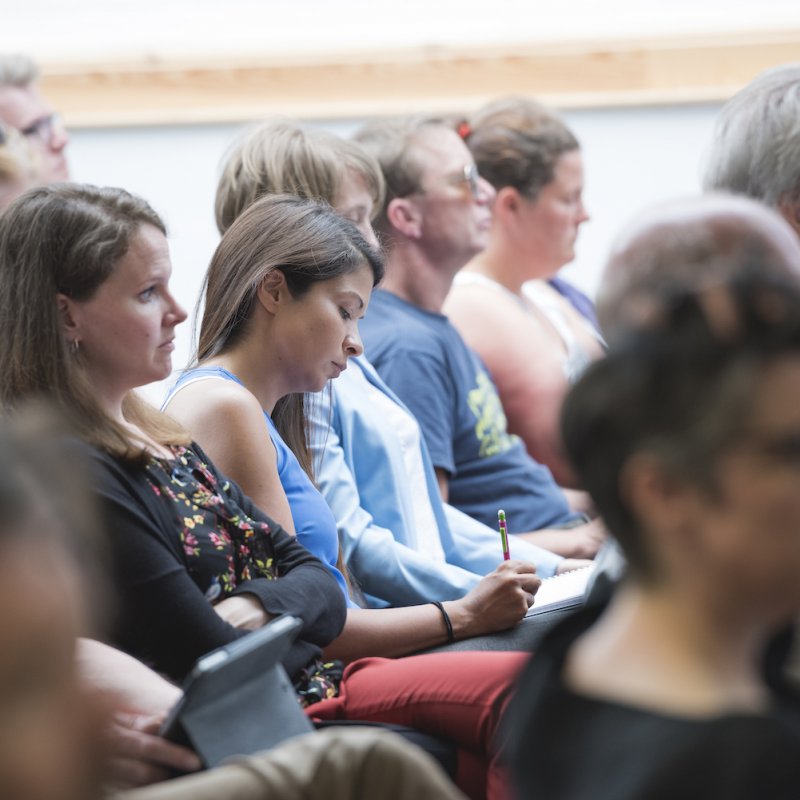
Rich Research Community
As a research student you'll be led by and work alongside a vibrant community of world class researchers with a rich, diverse and transdisciplinary breadth of experience and expertise, research focuses, portfolio of research, multidimensional and complimentary interests. In an environment where knowledge sharing and cross discipline collaboration are encouraged.
Collaboration and Community
You will benefit from an environment that champions open research and knowledge exchange as core values, with a cross-institutional programme that enables researchers in all fields to share their work and ideas. Opportunities to engage with and contribute to a lively and engaging programme of lectures, performances, readings, concerts and a variety of other activities delivered by our research students, staff, and faculty, provide ample opportunity to become an active member of our community.
Falmouth University research degrees are awarded through our partnership with University of the Arts London
Research fees
How to apply
Research facilities
Additional resources
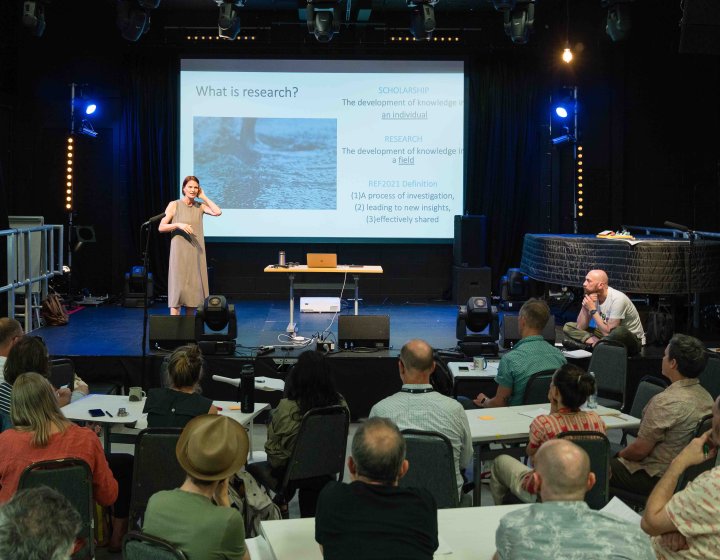
Research Degrees
Falmouth offers both theoretical and practice-based research programmes leading to a PhD or MPhil. ...
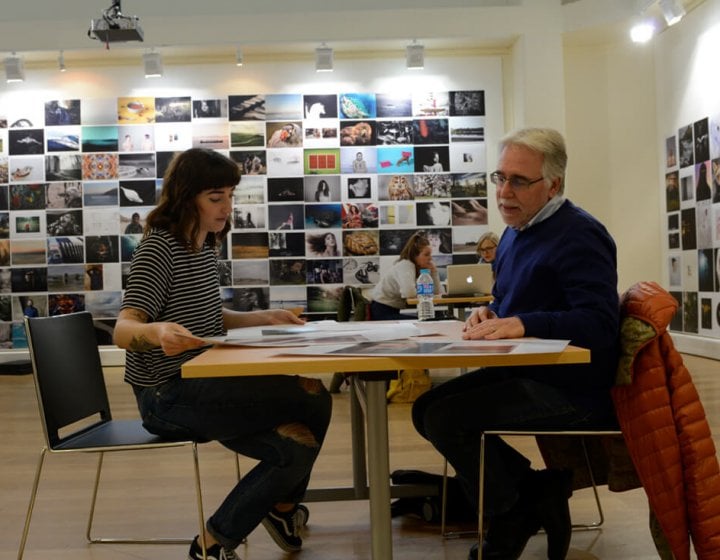
How to Apply for a Research Degree
Whether you’re applying for a MPhil or PhD research degree, find out about the key stages of the a...
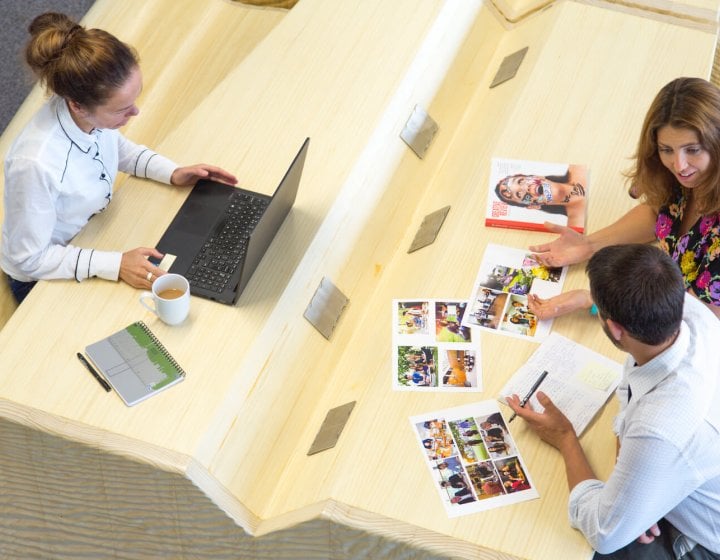
Fund your Research Degree
See the options available to help you fund your research degree.
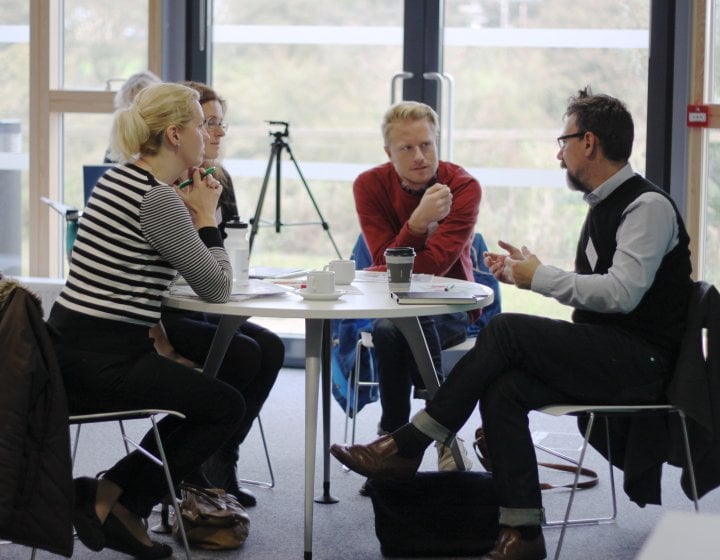
Doctoral Project Briefs
We invite MPhil and PhD project proposals that respond to a doctoral project brief.

